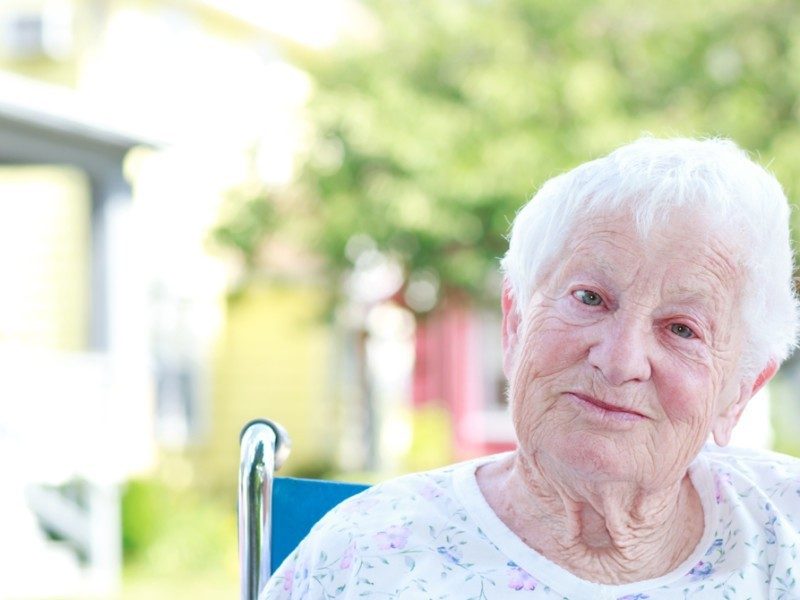Many stereotypes abound in relation to older LGBT adults. One is that none of them live in rural communities. If they do live in the country, then they are faced with a life of loneliness, goes the assumption. But is this the case for everyone or just a stereotype? A recent case study published in the Journal of Gerontological Social Work challenges these assumptions. The study interviewed an older gay man who has lived in a rural community all of his life. This man’s story highlighted three strategies that helped him flourish within his community. This then leads us to ask, what can older LGBT adults do to age well and access support within a rural setting? In this post, Pink Families shares the key strategies that may help.
Thriving in rural communities
There are many stereotypes regarding what it’s like to be an older LGBT adult who lives in the country. This includes images of isolation and victimization. There is some interesting research that shows that this isn’t always the case. Even though some people may experience these feelings, it definitely isn’t the case for everyone who lives in a rural community. There are many older LGBT adults who live in and do well in rural communities. For those who do well it may be that they use a number of specific strategies that help. This may involve using three strategies: finding your network, traveling distances to keep in touch and disclosure management.
Finding your network
Friends help us thrive. They help us cope with adversity and they help us gain access to certain resources. One of the stereotypes of older LGBT adults that live in rural communities is that are all lonely because no-one else in their community shares their interests. However, in reality, in many communities, older LGBT adults are well-connected with like-minded people. Admittedly, the number of people that form these connected communities may be smaller in number as compared to those in larger cities. This means that it sometimes just takes a little more effort and time to find like-minded people and to establish supportive communities in rural areas.
This may become easier in the future though as online communities are making it easier for like-minded communities to connect in rural communities. Admittedly, broadband internet connections are still not available in all rural regions and this means that online connections aren’t always possible. Despite this, older LGBT adults are still connecting through well-established means such as placing discrete advertisements in local papers or community centers, and using word of mouth to help connect with others.
Traveling distances to keep in touch
All over the world, the ways that people keep in touch have changed. Younger people are more likely to use a range of mediums to keep in touch as compared to older people. This includes using online means such as social media. Even though age is no barrier to using the internet, older adults sometimes prefer to meet face-to-face rather than via virtual means. This means that many older LGBT adults in rural communities sometimes have to travel distances to keep in touch with their network of friends.
Disclosure management
The other strategy that older LGBT adults in rural communities sometimes use is disclosure management. Disclosure management involves managing the ways that you come out about your sexual or gender orientation depending on a number of factors, such as the context, the audience and the type of relationship you have with the person you are considering coming out to. Disclosure management may serve a survival purpose. For example, in rural communities it may not always be safe to come out. Also, coming out may negatively influence opportunities and access to services. At the same time, there is some evidence to suggest that disclosure management may also have negative effects on the individual involved, including increased marginalization, if not managed well.
Shaping our environment
Whether we live in rural or urban settings, our well-being is influenced by our interactions with others and whether or not we have adequate access to sufficient resources. Using these strategies can help shape our environment and enable positive interactions within rural communities. Plus, as broadband begins to become more common in rural communities, it may be that younger LGBT adults growing up in rural communities will, in the future, have greater opportunities to find their local networks through connecting via virtual social networks. Finding resources on the internet may also become much easier.
References
Rowan NL. Giunta N. Grudowski ES. Anderson KA. Aging Well and Gay in Rural America: A Case Study. Journal of Gerontological Social Work 2013;56(3):185-200.


